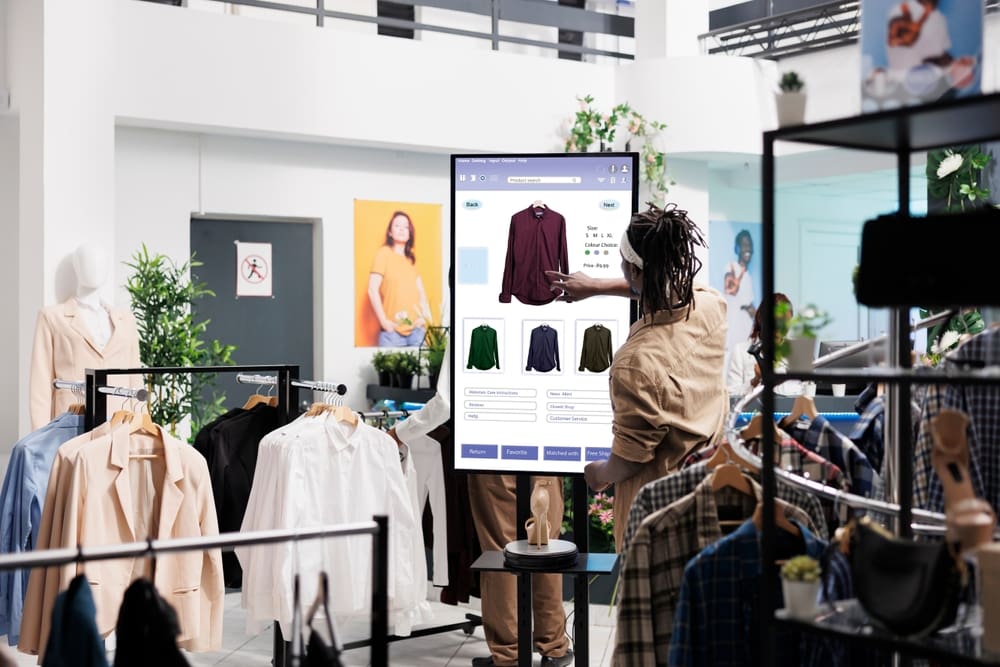In a world of ever-evolving fashion trends and pervasive social influences, individuals frequently confront a pivotal choice: to indulge in the allure of designer clothes or to prioritize saving money for an uncertain future. What may initially appear as a benign decision unfolds as a complex tapestry, weaving together threads of psychology and self-esteem. This article endeavors to unravel the intricate relationship between opting for designer apparel and the potential implications it holds for an individual’s sense of self-worth.
The pursuit of designer labels introduces a nuanced dynamic, where the desire for luxury clashes with the practicality of financial prudence. The allure of these high-end garments extends beyond mere aesthetic appreciation, often becoming a vehicle through which individuals navigate their own self-esteem. Within this context, we embark on a journey to understand the profound psychological underpinnings that underscore the choices we make, exploring how the world of fashion becomes a canvas upon which the intricacies of our self-perception are painted.
The allure of designer labels
The fashion industry thrives on exclusivity, and designer labels have mastered the art of creating a sense of prestige around their products. People are drawn to the idea of owning something that represents status and luxury. This allure can be so powerful that it overrides the logical reasoning of saving money for more practical purposes.
The external validation trap
Choosing designer clothes over financial prudence may be linked to a desire for external validation. People often seek affirmation and recognition from others, and possessing high-end fashion items can be a way to broadcast a certain image. However, this reliance on external validation can be indicative of low self-esteem, where an individual looks for approval from material possessions rather than internal self-worth.
Instant gratification vs. long-term goals
Buying designer clothes provides an immediate sense of gratification and pleasure. However, this short-term satisfaction might come at the expense of long-term financial goals. Individuals who consistently prioritize immediate desires over future security may be grappling with self-esteem issues, seeking solace in the transient joy of owning luxury items.
The influence of social media
In the age of social media, the pressure to showcase an idealized life is more prominent than ever. People may feel compelled to conform to societal expectations, which can manifest in the form of buying designer clothes to present a curated image online. The correlation between a strong online presence and self-esteem is well-established, highlighting the significance of perceived social status.
A shift in mindset: Investing in self
Encouragingly, individuals can work towards a healthier mindset by reframing their priorities. Instead of relying on external possessions for validation, investing time and resources in personal growth and well-being can foster a more resilient sense of self-esteem. This shift in focus emphasizes the intrinsic value of an individual rather than the material possessions they own.
Striking a balance
It’s important to note that enjoying fashion and occasionally indulging in designer items isn’t inherently problematic. The key lies in striking a balance between enjoying life’s pleasures and maintaining financial responsibility. This balanced approach reflects a healthy self-esteem that doesn’t rely on external factors for validation.
Tthe dichotomy between splurging on designer clothes and exercising fiscal restraint unveils itself as a multifaceted dilemma, transcending the confines of a mere financial choice. This decision often serves as a reflective surface, echoing the intricate nuances of an individual’s self-esteem and the profound impact of external validation on personal decision-making. Delving into these psychological undercurrents unveils an opportunity for greater self-awareness and empowerment.
In essence, the journey toward a resilient sense of self-worth transcends the external trappings of materialism. It beckons individuals to prioritize the cultivation of a positive self-image rooted in authenticity and intrinsic value. By embracing this perspective, one can embark on a path toward fulfillment that extends far beyond the ephemeral allure of fashion, highlighting the enduring importance of fostering a rich and positive self-identity from within.
This story was created using AI technology.

















